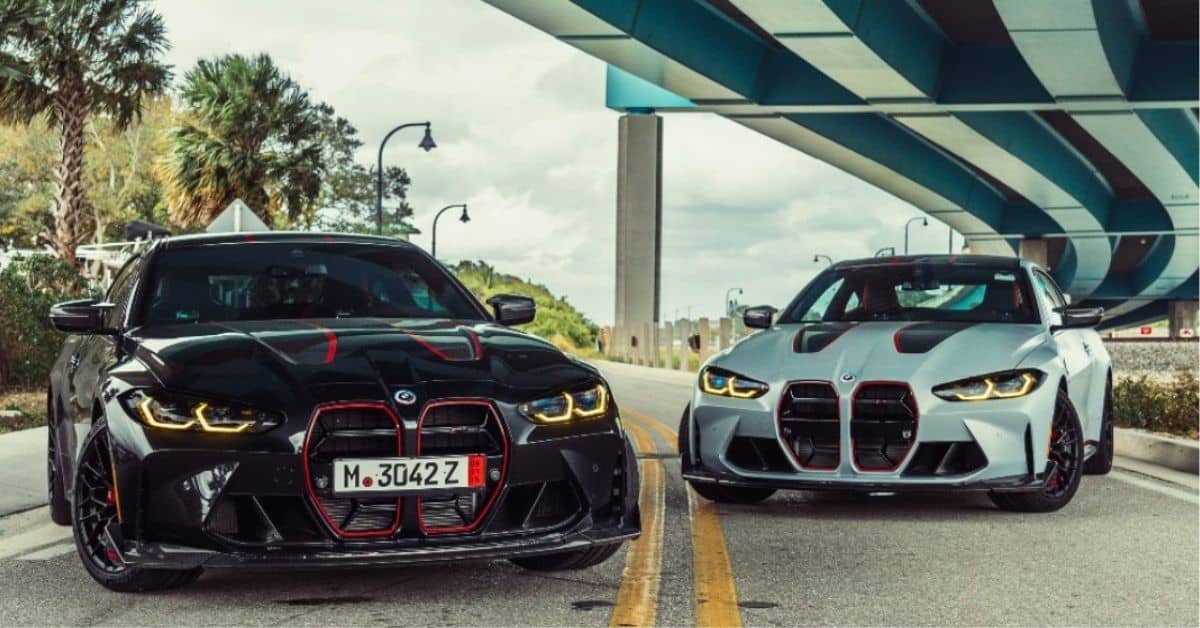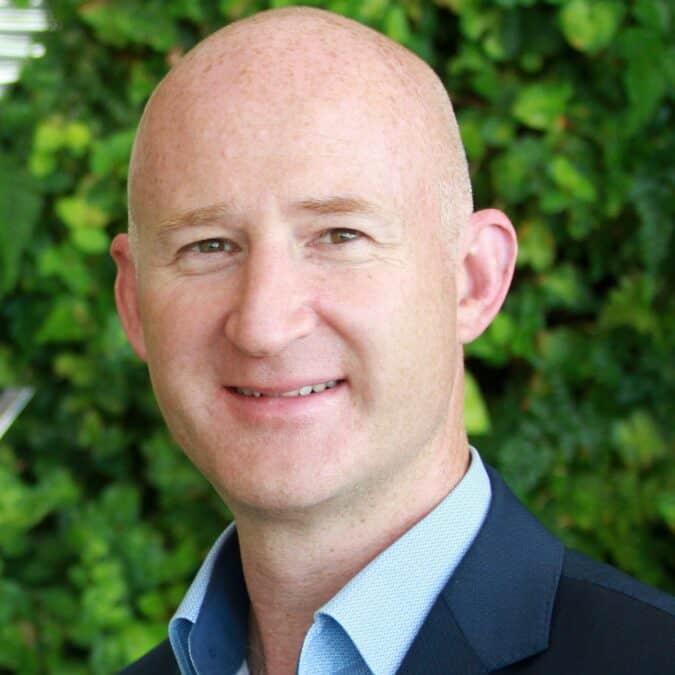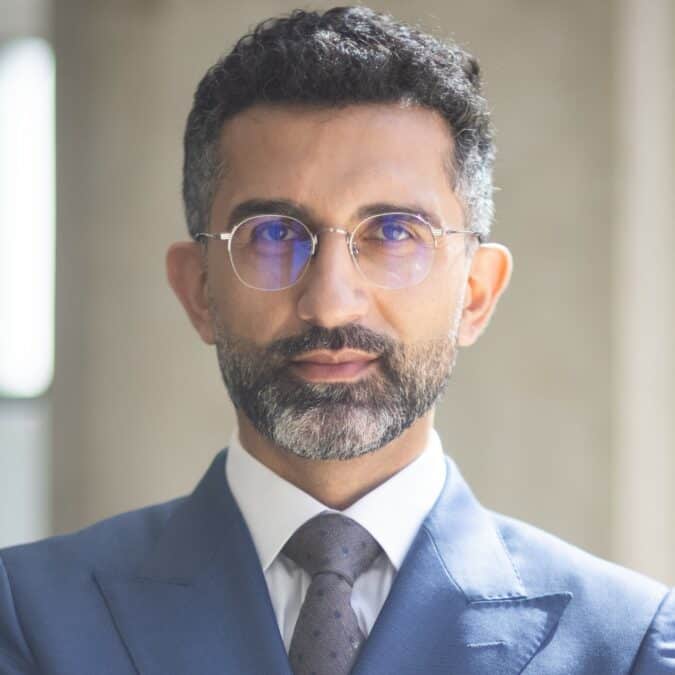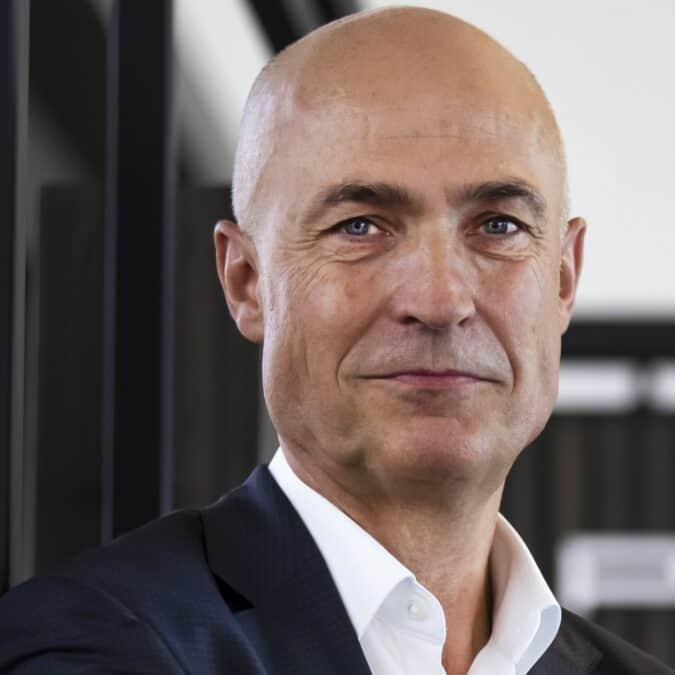DUBAI, UAE — Luxury car brands increasingly focus on sustainability, recognizing the importance of minimizing their environmental impact and addressing the growing concerns around climate change.
In the GCC, many luxury car brands are introducing environmental vehicles to reduce their carbon footprint. Companies such as Bentley, BMW, Porsche, and Audi lead the way in this area.
In an exclusive interview with TRENDS, the four companies mentioned above discussed their plans and sustainability visions, particularly for the GCC and Middle Eastern markets.
According to Richard Leopold, Regional Director of Bentley for the UK, Middle East, Africa, and India, the company has been an industry leader in reducing environmental impact. It aims to be a sustainable luxury brand by 2030.
“In the Middle East, in particular, we are proud that our entire retailer network across ten countries achieved carbon-neutral certification in 2022.” Furthermore, we introduced the Flying Spur Hybrid in the region, which has been an incredible success – ahead of the pre-launch of the first ever fully electric Bentley in 2025,” he said.
For BMW, sustainability isn’t just a buzzword; long-term thinking and responsible action have always been fundamental to the BMW Group and its economic success.
According to Dr. Hamid Haqparwar, Managing Director at BMW Group Middle East, the BMW Group set itself clear targets for CO2 reduction up to 2030, throughout the entire lifecycle, from the supply chain through production to the end of the use phase.
“The aim is to reduce CO2 emissions per vehicle by 40 percent across the entire spectrum. The BMW Group is also committed to the goal of complete climate neutrality throughout the entire value chain by 2050 at the latest,” he added.
However, Haqparwar pointed out that sustainable mobility necessitates taking into account the entire lifecycle of a vehicle, not just the use phase. This includes sustainable design, end-of-life considerations, and incorporating recyclable materials.
“By utilizing circular economy principles and secondary materials, BMW Group aspires to be the world’s most sustainable premium car manufacturer. However, this requires a complete rethink of how we harvest, use, and dispose of materials,” he mentioned.
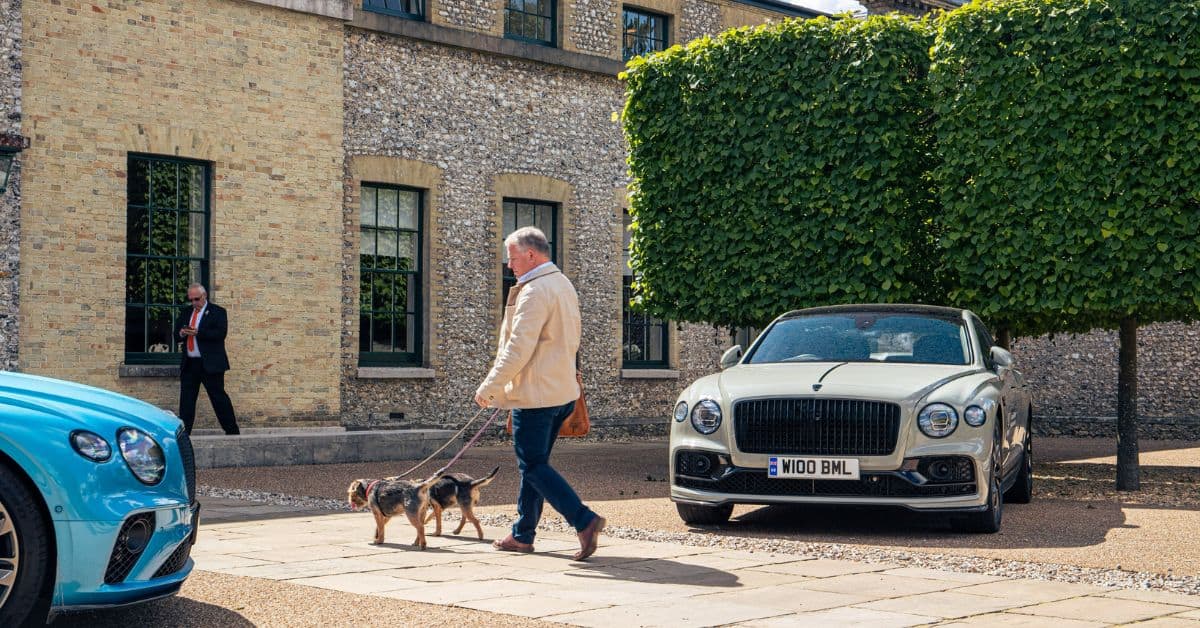
He added that the Group recognizes that each market’s pace in adopting zero-emission vehicles is different. “To avoid a one-size-fits-all approach, we put the power of choice in the consumers’ hands and embrace technology openness. Based on customer preferences and lifestyles, offering them more than one drive train technology will fasten the transition towards zero-emission mobility in the region,” he said.
Globally, Porsche AG has a ‘double-e’ path: e-mobility and e-fuels. The company’s global goal is for more than 80 percent of its vehicles to be all-electric by 2030.
The company’s commitment to e-mobility is clear, says Dr. Manfred Bräunl, CEO of Porsche Middle East and Africa, who mentioned that over 100,000 Taycan all-electric four-door sportscars already produced, and news of electrification of the Macan, 718, and Cayenne model lines already announced.
“In addition, Porsche is investing in e-fuels. There are more than a billion existing vehicles worldwide, and they will be on the roads for decades to come. Thus, e-fuels are an effective, complementary solution. They can enable all vehicles, regardless of powertrain type, to contribute to CO2 reduction. Combustion engines can be powered with e-fuels in a virtually carbon-neutral manner,” he said, adding that the Taycan has seen strong demand across the GCC region since its launch in the Middle East and that Taycan owners appreciate that it is a true Porsche, with all the luxury and performance that one would expect from a four-door Porsche sportscar.
Audi in the GCC is taking a holistic approach to sustainability, focusing on both its products and operations to reduce its environmental impact and promote sustainable mobility.
“As a brand, we are committed to implementing our electrification strategy in the region, which will soon cover all markets across the GCC and the Near East,” Peter White, Sales Director, Audi Middle East, said.
Following regional previews last month, Audi plans to roll out the Q8 e-tron and Q8 e-tron Sportback, joining the e-tron GT and the rest of the company’s battery electric vehicles (BEV) portfolio.
According to him, this demonstrates the brand’s dedication to providing sustainable and environmentally friendly transportation options as there is a growing demand for BEV options in the region, and their benefits are becoming more apparent to the customers.
White added that the company is exploring new materials and sustainable production methods to minimize its environmental impact.
“By 2026, the four-ringed brand will only be launching all-electric models onto the global market, gradually phasing out production of its combustion models by 2033.” Based on this clear decision made as part of its Vorsprung 2030 corporate strategy, Audi is now taking steps to prepare its global facilities for producing all-electric cars, which is part of a robust plan to have 20 all-electric Audi models on the road by 2025.”


